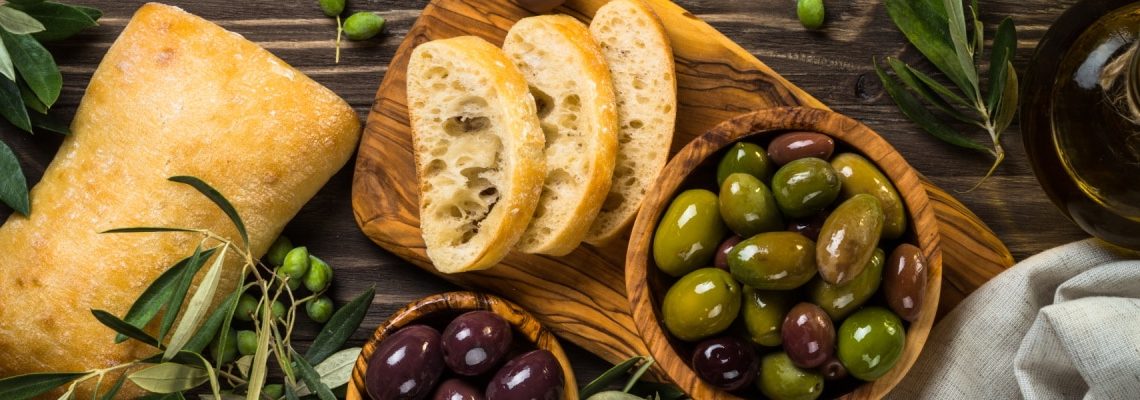Let’s Talk About Food
Eating in Portugal is a revelation, for two main reasons: First, the quality of the ingredients and second, the way meals are approached – the role that food plays in the culture.
Ingredients come first because this is a place where food remembers where it comes from. Food is usually quite simply prepared. The taste and quality of the fresh ingredients shine in every dish. With more than 1,000 miles of Atlantic coastline, the country is justifiably famous for fish and seafood, typically grilled to perfection. But it also boasts pasture-fed beef, and succulent Iberian black pork that has gorged on acorns. Both fish and meat are typically accompanied by bright, hearty steamed or boiled vegetables, or simple green salads. The bread is rough, often baked in a wood oven, so good it is a feast on its own, but even better paired with a buttery, tangy local cheese, melt-in-your-mouth paté or salty presunto (Portuguese prosciutto). A meal may be finished off with a rich, traditional “convent sweet” pastry from recipes handed down through the centuries, but almost every restaurant, from hole-in-the-wall to the most refined, will also have seasonal and tropical fruit options on the dessert menu. Often there will also be a fresh home-made fruit salad. Ripe, juicy, colorful and bursting with flavor, this makes healthy eating no hardship.
Any one of these deserves its own love letter, but probably the undisputed star in Portuguese cuisine is olive oil. Food here typically isn’t served swimming in rich sauces, butter or dressings; it has nothing to hide. Olive oil is ubiquitously used for cooking and finishing. It is regarded as having almost mystical health-giving properties. One needn’t go to a specialty or gourmet store; every hypermarket’s olive oil section is second only to the wine and yogurt aisles in size and variety. The number of flavor and intensity permutations is a marvel, from robust versions with high acidity to delicate, low-acidity versions suitable for drizzling over a baby’s smooth pureed vegetable soup (traditionally a Portuguese baby’s first solid food). Since many vineyards also have olive groves, some have started producing olive oils as well as wine; these beautifully bottled versions with the romantic winery names are especially tantalizing.
But one of the greatest pleasures in Portugal is not just what we eat but how we eat. Meals are meant to be shared, lingered over and enjoyed. No Portuguese waiter will ever rush a table to finish. Wine comes with a cork, not a screw top – this is where 90% of the world’s cork comes from, so it better! But that means that being a dab hand with a corkscrew also comes in handy, and the uncorking of a bottle is a part of the (formal or informal) ceremony of a meal. Breakfast is typically not a big deal – often it is a quick espresso at the counter of a local café, accompanied by a small cake or sandwich. But pretty much everyone acknowledges the importance of a good lunch, and the evening meal together at home is still sacrosanct. It is not unusual for extended families to have a standing weekend date that everyone makes a concerted effort to attend, at least for afternoon tea if not a full meal. And in a country where eating out is still quite reasonable, one of the most anticipated parts of the easing of pandemic restrictions has been the reopening of restaurants.
It may be a while before the Portuguese return to greeting and leaving everyone they meet with traditional beijinhos (little kisses on one or both cheeks). But with splendid weather through much of the year, many esplanades and open-air restaurants, and easily accessible beaches and countryside to picnic in, with the possibility of gathering safely again, the joyful tradition of eating together is already returning.
Come join us on a food and wine tour in Portugal!
By Holly Blades

